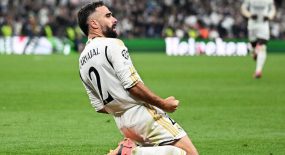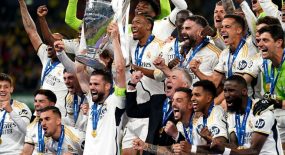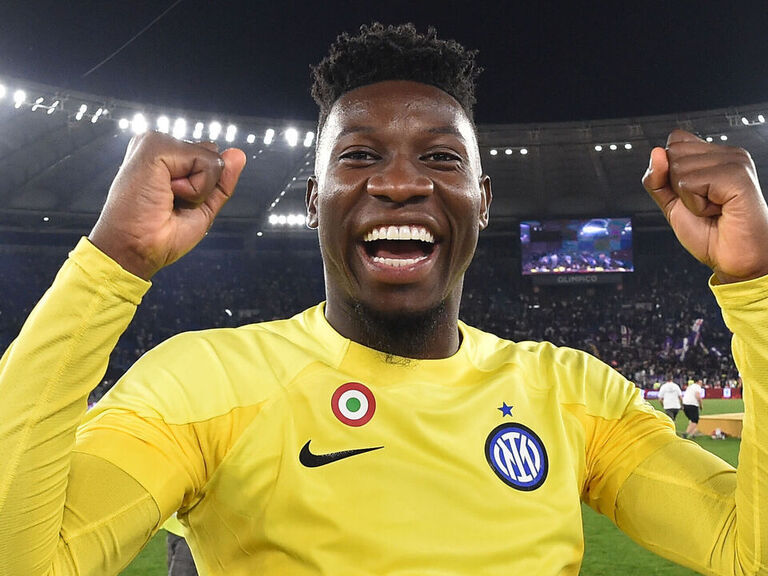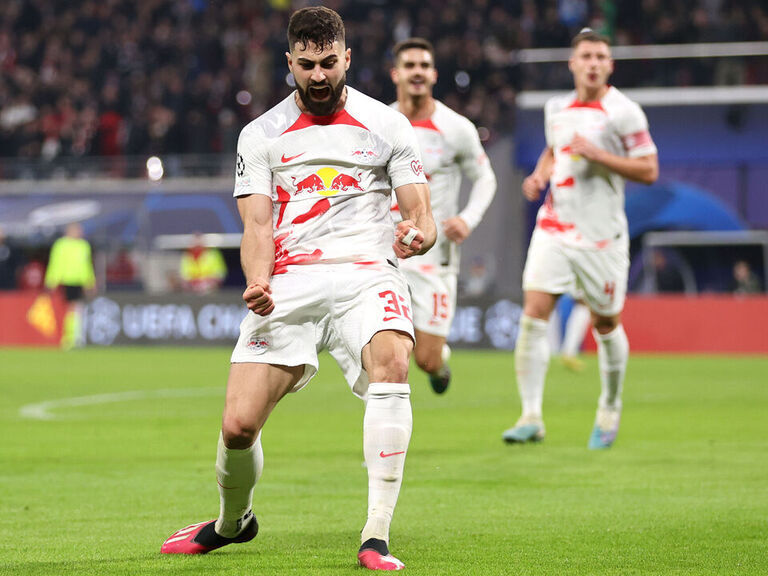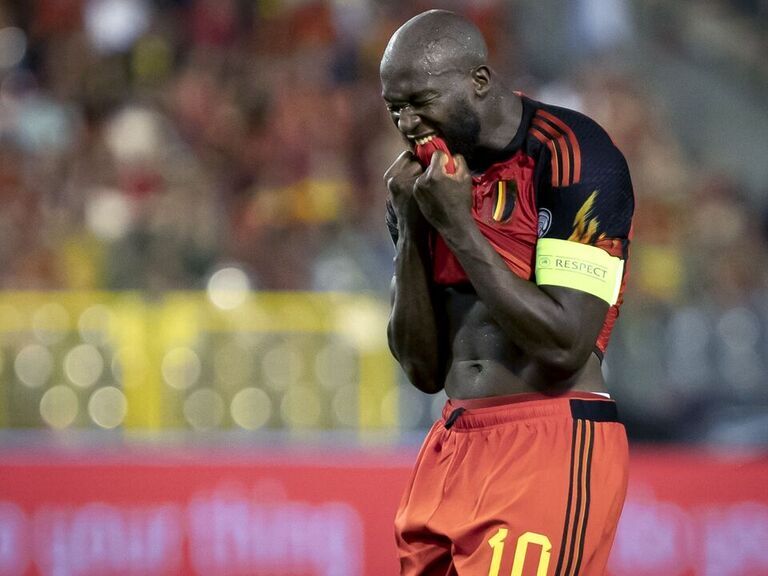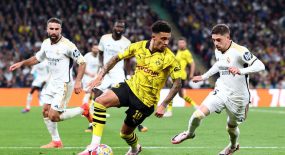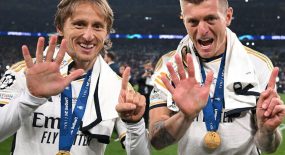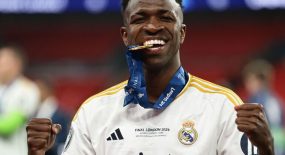Manchester United unveiled Andre Onana as their successor to David De Gea on Thursday.
The goalkeeper moved to Old Trafford from Inter Milan for a reported €55-million fee. He inked a five-year contract with the Red Devils.
“To join Manchester United is an incredible honour and I have worked hard all my life to get to this moment, overcoming many obstacles along the way,” the Cameroonian ‘keeper said in a statement. “Walking out at Old Trafford to defend our goal and contribute to the team will be another amazing experience. This is the start of a new journey for me, with new teammates, and new ambitions to fight for.”
Onana is another Manchester United purchase seemingly plucked straight out of manager Erik ten Hag’s list of contacts. Lisandro Martinez and Antony were Onana’s teammates during the Dutch tactician’s Ajax tenure, and Christian Eriksen even trained with the Amsterdam club before he signed for Brentford. Tyrell Malacia starred for Ajax’s Eredivisie rivals Feyenoord, and Mason Mount impressed against Ten Hag’s side when he was a youngster on loan at Vitesse Arnhem.
But Onana might be the strongest indication of Ten Hag’s commitment to imprinting his philosophy at Manchester United. Unlike the recently departed De Gea, Onana’s greatest strength is his willingness to build up play from the back.
He spent his early years at Samuel Eto’o’s academy in Douala before joining Barcelona’s iconic La Masia academy at 14 and later moving to Ajax – and that education is evident in his playing style. He’s comfortable with both feet and full of confidence, often appearing far from his goal to help instigate attacks. The 27-year-old usurped long-standing No. 1 Samir Handanovic at Inter, and his presence resulted in the team adopting a more direct style of play from the base of the lineup.
Onana’s dedication to being a playmaker-goalkeeper led to a high-profile dispute at the 2022 World Cup. Cameroon boss Rigobert Song asked him to be more conservative in possession, but Onana disagreed, suggesting tactical tweaks and even changes to personnel in the starting lineup that would allow him to continue with his adventurous approach, according to The Athletic’s Dermot Corrigan. Onana left the tournament after playing one match and subsequently retired from international duty.
Onana won the Coppa Italia and Supercoppa Italiana at Inter and was also a beaten finalist in the 2023 Champions League final. He collected three Eredivisie winners’ medals and hoisted the KNVB Cup twice during his time with Ajax.
Onana’s arrival at Manchester United is expected to trigger Dean Henderson’s permanent move to Nottingham Forest, according to transfer insider Fabrizio Romano. The goalkeeper spent last season on loan at the City Ground but suffered a season-ending thigh injury in January.




